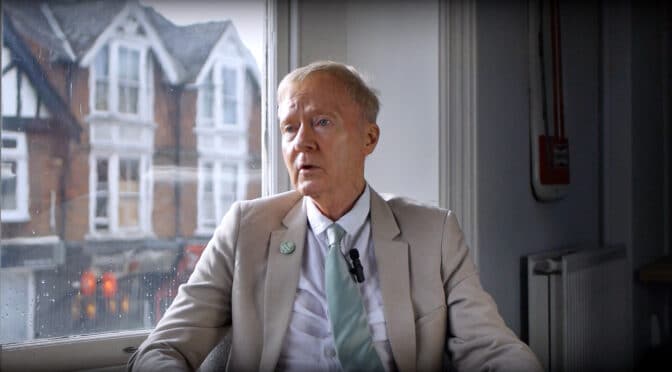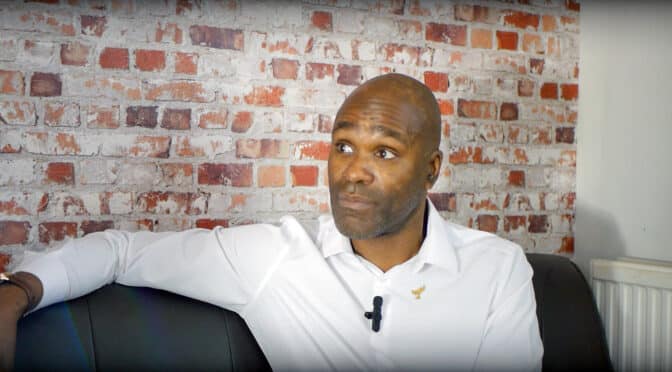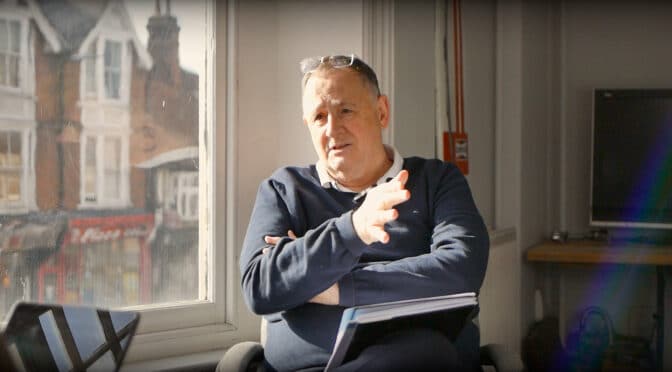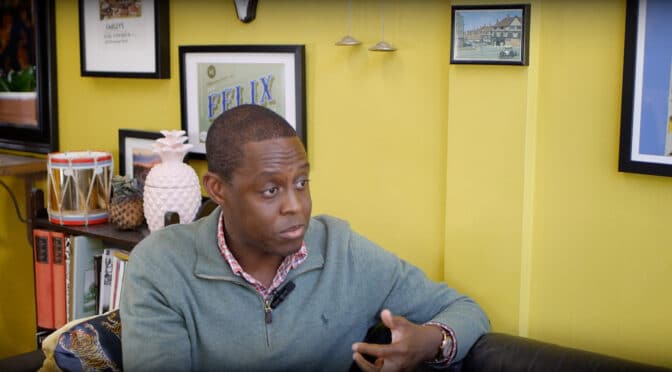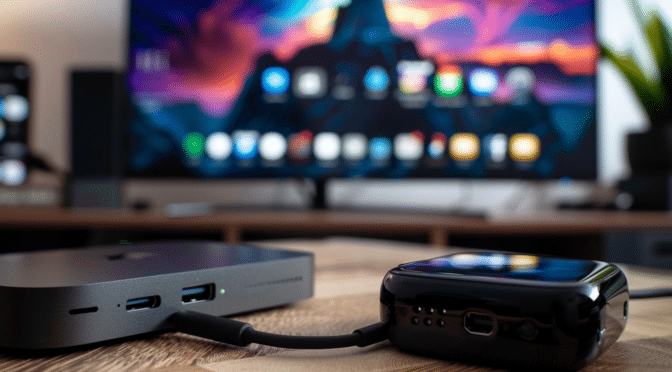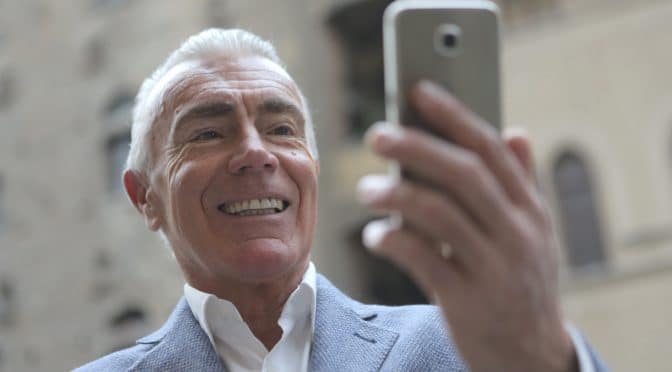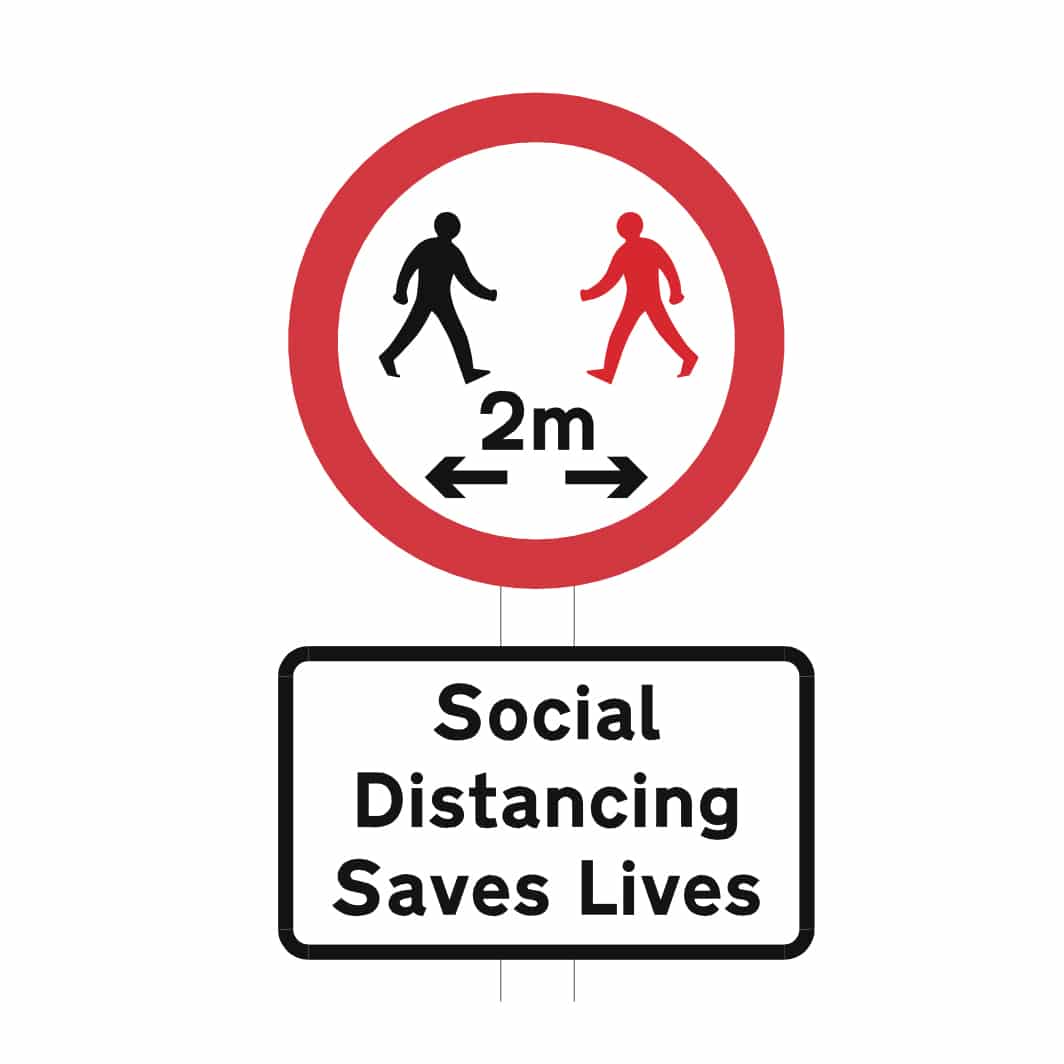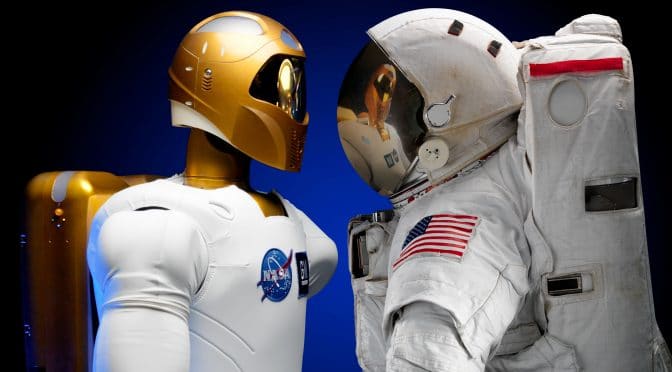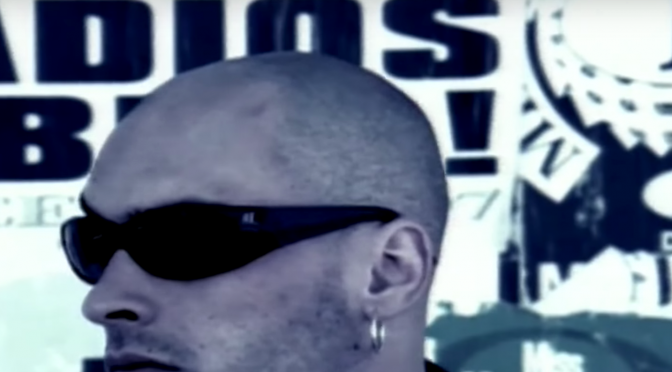Podcast: Play in new window | Download
Subscribe: Apple Podcasts | Email | TuneIn | RSS | More
The We Love Hitchin Interviews 2024 were conducted by Gadget Man, Matt Porter, the founder of We Love Hitchin. Matt took the initiative to interview each candidate running for the Hitchin Constituency in the General Election, providing an in-depth look at their visions and plans for the community.
Welcome to the We Love Hitchin Interviews 2024! As part of our series, we are sitting down with each candidate running for the Hitchin Constituency in the upcoming General Election on the 4th of July 2024. In this interview, we have the pleasure of speaking with Will Lavin, the Green Party candidate.
Join us as we delve into Will Lavin’s vision for Hitchin, exploring his plans for sustainable development, environmental protection, and community well-being. Discover his stance on key issues such as climate change, local economy, and social justice. Will shares his passion for creating a greener, fairer future for Hitchin and beyond.
Interview Breakdown
00:00 Opening Titles 00:12 Introduction by Matt Porter, Founder of We Love Hitchin 01:07 Welcome Will Lavin
- 01:19 Background and Motivation: Will Lavin discusses his background and what motivated him to run as a candidate for Hitchin.
03:10 Cost of Living Crisis
- 03:26 Q1: What new policies will the Green Party introduce to help families struggling with the cost of living?
- 03:30 A1: Will’s response detailing the proposed measures.
06:40 Q2: NHS and Healthcare
- 06:56 A2: Will outlines the Green Party’s plans to address issues within the NHS, including appointment wait times and staffing shortages.
09:35 Q3: Economy
- 10:00 A3: Strategies to address inflation, unemployment, and ensure economic stability.
13:10 Q4: Climate Change and The Environment
- 13:30 A4: Measures to promote environmental sustainability in Hitchin.
17:54 Q5: Crime
- 18:10 A5: Plans to enhance public safety and improve law enforcement effectiveness.
21:03 Q6: Housing
- 22:01 A6: Measures to address housing affordability and availability, especially for younger people and those on lower incomes.
24:36 Q7: Roads
- 25:09 A7: Addressing the appalling state of the roads and infrastructure improvements.
Community Questions
26:55 Andrea’s Question on Water Companies
- 27:31 CQA1: Will’s response to bringing water companies back into public ownership.
29:11 Nyland and Lauren’s Question on Gaza War
- 29:26 CQA2: Will’s stance on providing arms or assistance in the Gaza conflict and recognizing Palestine.
30:36 Jeremy’s Question on Digital Currency
- 30:48 CQA3: Will’s perspective on digital currency and its implications.
32:03 Vanessa and Nicola’s Question on Special Education Needs
- 33:00 CQA4: Will addresses concerns regarding SEN provision and pledges improved support and resources.
35:38 Will Addresses the Voters
- 35:47: Will makes his closing appeal to the voters, explaining why they should vote for him on the 4th of July.
36:47 Thanks and Wrapping Up 37:49 End Titles
Election Results for Hitchin Constituency 2024
The General Election results for the Hitchin Constituency have been announced. Here are the final tallies:
- Bim Afolami (The Conservative Party Candidate): 14,958 votes
- Charles Bunker (Reform UK): 6,760 votes
- Sid Cordle (Christian Peoples Alliance): 181 votes
- Will Lavin (Green Party): 2,631 votes
- Chris Lucas (Liberal Democrats): 4,913 votes
- Alistair Strathern (Labour Party): 23,067 votes – Elected
Congratulations to Alistair Strathern, the newly elected Member of Parliament for Hitchin! His victory marks a significant shift in the constituency, and we look forward to seeing his plans for Hitchin come to fruition.

